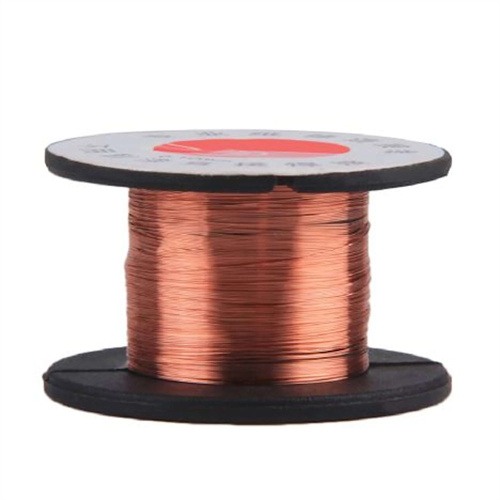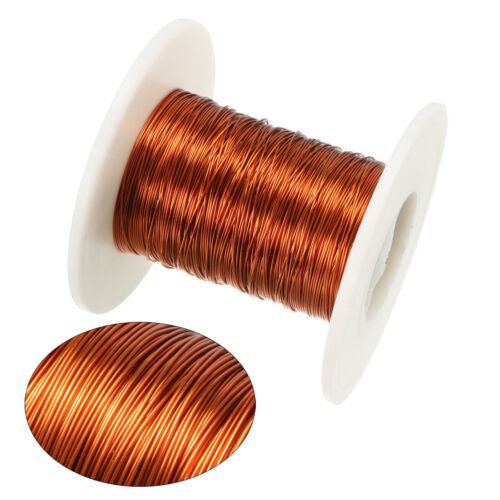Debunking the Myths: Is Magnet Wire Pure Copper?
Introduction
When it comes to electrical components and wiring, the choice of materials plays a crucial role in determining performance and efficiency. One term that often arises in this context is “magnet wire.” However, there seems to be some confusion surrounding its composition, particularly whether magnet wire is made of pure copper. In this blog post, we will delve into the details and debunk the myths surrounding magnet wire’s copper purity.

Understanding Magnet Wire
Before we delve into the composition of magnet wire, let’s take a moment to understand what it is. Magnet wire, also known as winding wire or enameled wire, is a type of insulated wire commonly used in electromagnets, motors, transformers, and other electrical equipment. It is specifically designed to carry electrical current and generate magnetic fields.
The Composition of Magnet Wire
Traditionally, magnet wire is made from copper due to its excellent electrical conductivity and thermal properties. Copper is widely regarded as the preferred material for conducting electricity efficiently and minimizing energy loss. It offers low resistance and excellent heat dissipation, making it suitable for applications where high performance is required.

However, it’s important to note that not all magnet wire is made of pure copper. In some cases, manufacturers may use copper alloys or other conductive materials to enhance certain properties or reduce costs. These alloys could include silver, nickel, aluminum, or a combination of metals. While these variations are not as common as pure copper, they do exist and can serve specific purposes in different applications.
Factors Influencing the Choice of Magnet Wire Materials
Several factors influence the choice of materials for magnet wire. These factors include the specific application, cost considerations, temperature requirements, and electrical performance criteria. For instance, in applications where high operating temperatures are expected, copper alloys with enhanced thermal properties might be preferred. On the other hand, cost-sensitive applications may opt for alternative materials or copper-clad aluminum (CCA) wire, which consists of an aluminum core coated with a thin layer of copper.
Verifying Magnet Wire Composition
To determine the composition of a particular magnet wire, it is essential to refer to its specifications or consult the manufacturer directly. Manufacturers are usually transparent about the materials they use and provide technical documentation that outlines the wire’s composition, including any alloys or coatings present. If you are unsure about the copper purity of a magnet wire, it is always best to seek clarification from the manufacturer or supplier.
Conclusion
In conclusion, magnet wire is commonly made of copper due to its excellent electrical and thermal properties. However, it is important to note that not all magnet wire is pure copper. Some variations may incorporate copper alloys or alternative conductive materials to cater to specific application requirements or cost considerations. It is crucial to consult the manufacturer or refer to technical specifications to confirm the composition of a particular magnet wire. Understanding the materials used in magnet wire is essential for ensuring optimal performance and efficiency in various electrical applications.
